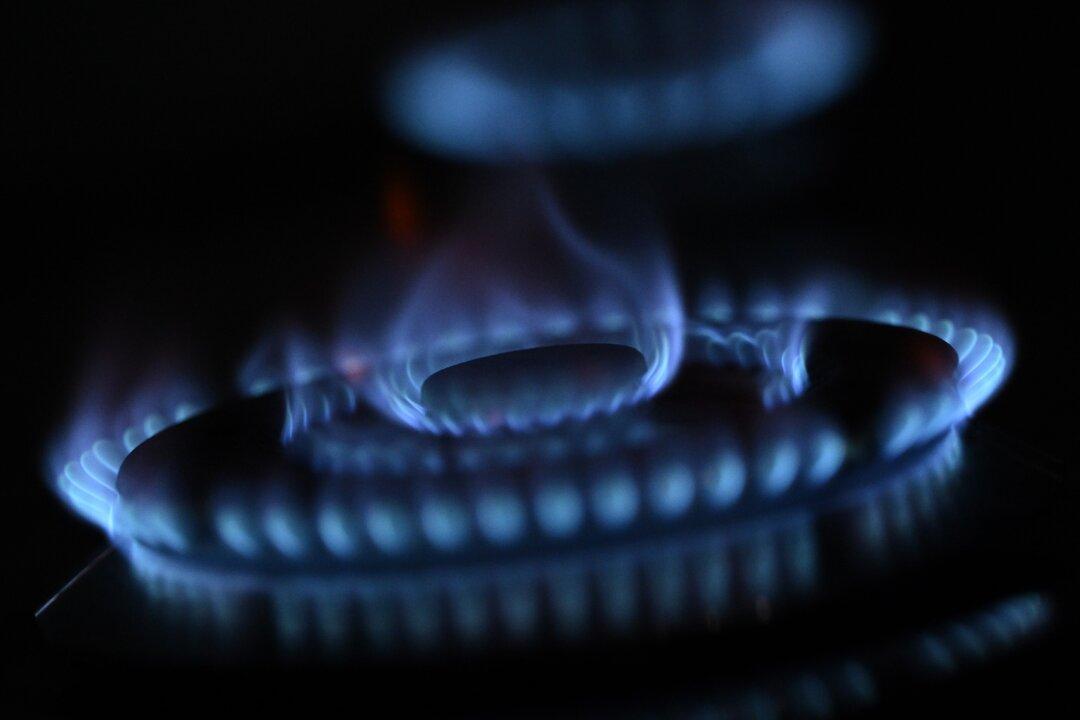Former Victorian State premier Jeff Kennett has urged the Albanese government to do “whatever action is necessary” to force gas suppliers to enter into new contracts at or below the legislated price.
This comes as several Australian gas retailers report having supply issues since the Federal Labor government introduced its gas price cap on Dec. 23, 2022.





